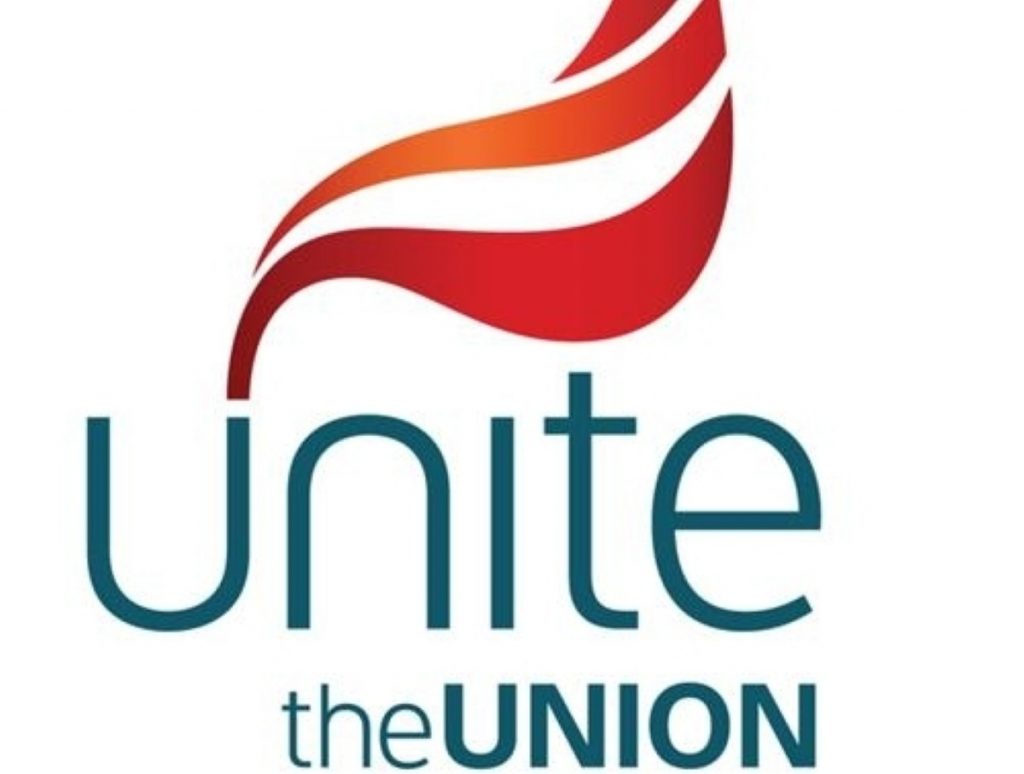Unite: Launch of roadmap for financial services to benefit customers and staff
A new report launched today (Tuesday 31st March) by The Financial Inclusion Centre has set out the need for radical reform of the financial services industry and put forward proposals for that reform.
The report entitled: ‘Reforming the Financial System’ was commissioned by Unite the union in order to explore how the finance world needs to be reformed so that it meets the needs of society and prevent another similar crisis from occurring.
Derek Simpson, Unite Joint General Secretary said: “Staff working in the financial services industry know better then most the urgent need for major regulatory reform in the financial services sector. The report published today must be considered by the government and financial regulator in order to ensure that this important sector of our economy is able to emerge from the current crisis and is strong enough to compete in a global environment.
“Unite will continue to campaign to achieve a regulatory framework that is strong and able to meet the needs of all consumers, this includes the most vulnerable in society. Unless there is a total overhaul of the finance industry the public interest will continue to be ignored. We can not allow the senior bankers to go back to business as usual.”
Mick McAteer, Director, The Financial Inclusion Centre said: “We are in a new era of uncertainty caused by weak regulation and the reckless behaviour of financial institutions that has put at risk the savings, investments, pensions and jobs of millions of UK citizens. But out of adversity comes opportunity. The report sets out a series of radical, but pragmatic and necessary measures to reform the financial system so it meets the need of society.
“Radical reform is needed given the scale of the financial crisis, tinkering with the system is not an option.”
The report considers: international regulatory reform, regulatory accountability, a new approach to regulation, governance of financial institutions and the role of long term investors; and bank restructuring.
– Ends-
For more information contact: Saba Mozakka, Unite press office on: 020 7420 8916 or 07768 693 953
Notes to Editors
– To download the full report or the executive summary of: ‘Reforming the Financial System’ please visit: www.unitetheunion.com or www.inclusioncentre.org.uk
– Please note the scheduled launch has now been postponed due to a change in the parliamentary schedule. This will no-longer take place on Tuesday 31st March 2009 in The House of Commons.
– Key quotes from the ‘Reforming the Financial System’ report:
“The relationship between regulators and regulated has become dysfunctional. Financial markets have fallen victim to the herd-instinct compounded by a sense of arrogance in the infallibility of markets and financial market operators. But the regulators who were meant to be regulating these markets have also fallen victim to ‘group-think’ believing that the role of regulators was to create the conditions for markets to operate, and then take a step back to allow the informed ‘self-interest’ of markets to police itself.”
“Moreover, responsible, sustainable behaviour is likely to emerge if a more collective system of rewards is encouraged. The concentration of large bonuses in the hands of a number of key employees (the rain makers) distorts behaviour and puts the financial futures and livelihoods of employees in the hands of a powerful few with precious little accountability.”
“Indeed, the banks must be held to account for their role as primary agents in almost wrecking the financial system (under proper conditions banks can be the agents of sustainable wealth creation – this is not an attack on banking or the City of London per se). Our proposals are designed to better align the interests of the banking system with the interests of society, consumers and industry. But we must recognise that banks were agents of destruction. The capacity for destruction vested in the banks was given to them by society. We delegated the power to the banks and failed to hold them to account so they exercised power responsibly.”





-01.png)